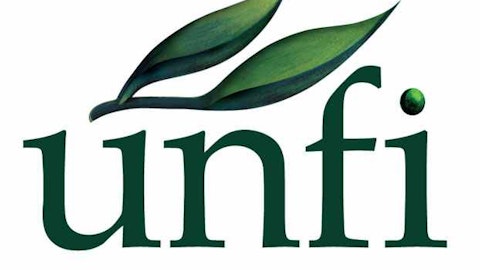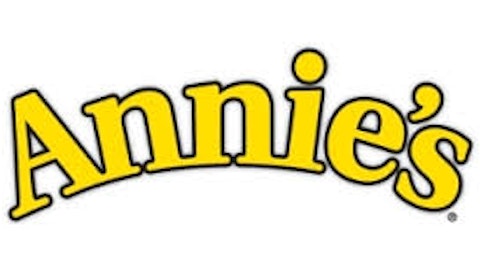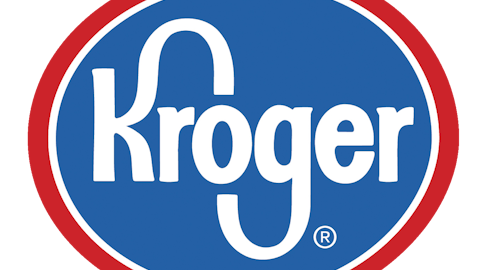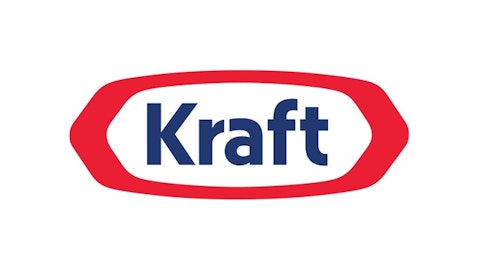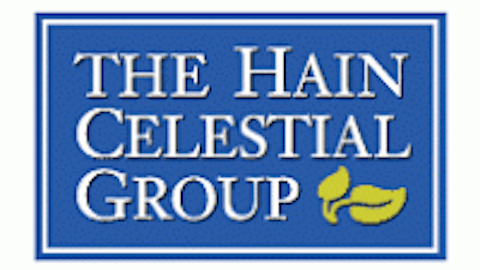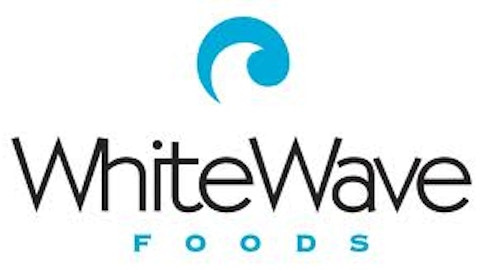Mr. Icahn has been busy this year. He’s captured media attention with high profile investments in Herbalife, Dell and Apple. He made big money buying Netflix when it was down and out. And last week, he decided to sell half his 15% ownership stake in The Hain Celestial Group, Inc. (NASDAQ:HAIN).
It’s hard to fault Mr. Icahn for the move. He started buying The Hain Celestial Group, Inc. (NASDAQ:HAIN) when shares were in the $20’s, and shares are up more than 50% this year. But should you follow Mr. Icahn to the exit? It’s not an easy question to answer. Mr. Icahn still owns more than 3.5 million shares of Hain, and the natural foods industry keeps growing fast.
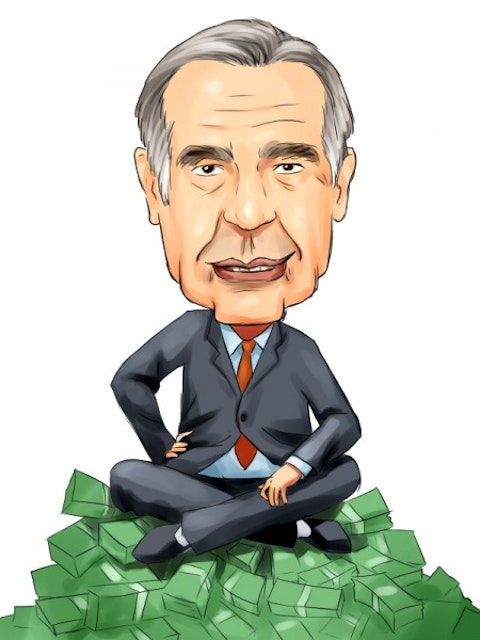
Increasingly, people are considering what — not just when — they’ll eat.
Previously, natural food consumption was reserved for the most affluent. However, the trend is migrating deeper into the middle class, boosting opportunities for The Hain Celestial Group, Inc. (NASDAQ:HAIN) to win grocery wallet share.
Natural foods are increasingly embraced by mass merchandise stores like Target. The retailer launched its Simply Balanced natural foods line this summer and plans to grow its natural foods selection 25% over the next four years. Convenience stores are also getting in on the act.
According to data from research firm SPINS, organic product sales grew 13% to over $11 billion last year. Among the fastest-growing categories are shelf-stable meats, baby food and beverages, all of which grew more than 30%. Natural product sales increased double digits too, reaching $36 billion. Sales were strongest in coffee/coffee substitutes, baby food, nut & seed butters and shelf stable fruits/vegetables — all of which grew more than 27%. In 2012, organic food sales grew double digits for the first time since 2008.
Those are heady growth numbers for any industry, let alone the food industry, where single digit growth is common. That growth may continue, as organic food’s grocery-market penetration remains in the early innings, representing just 4% of the $673 billion food industry in 2010.
This growth is supported by grocers like Whole Foods Market, Inc. (NASDAQ:WFM) and Sprouts Farmers Market Inc (NASDAQ:SFM). Those two natural foods grocers are increasing their store count as they expand nationally. Whole Foods opened 24 new stores in the first 3 quarters of its fiscal year and plans to open 12 more in the current quarter. That pace isn’t stalling anytime soon. Sales at stores open more than one year climbed 7.5% last quarter, prompting Whole Foods Market, Inc. (NASDAQ:WFM) to sign 50 new leases for stores. That brought its stores in development to 94.
Over at Sprouts Farmers Market Inc (NASDAQ:SFM), the 157 store natural food chain IPO’d in August to raise money to ramp its own store-opening schedule. Sprouts Farmers Market Inc (NASDAQ:SFM)’ same store sales grew nearly 10% in 2012, supporting plans to open 19 stores this year.
More shelf space means more slots to win
The Hain Celestial Group, Inc. (NASDAQ:HAIN) is no stranger to acquiring and building businesses. In 1999 it bought Earth’s Best, a small brand with $14 million in sales that was battling baby food giant Gerber. Today, Earth’s Best is one of the biggest natural food brands in the country, and organic baby food represents over 20% of the baby food market.
This year, The Hain Celestial Group, Inc. (NASDAQ:HAIN) jump-started its baby category again by purchasing 7 year old Ella’s Kitchen. Ella’s pioneered pouch-packaging baby food, which is increasingly winning shelf space in the baby aisle. Ella’s controls 19% of the baby food market in the U.K. and grew its sales outside the U.K. by 76% last year as its business spread into the U.S. and Australia. Hain plans to launch 40 new products across its Ella’s Kitchen and Earth’s Best brands by calendar year end.
Prior to buying Ella’s, the company bought juice company BluPrint in January 2013. BluPrint Cleanse, founded in 2006, has expanded across the juice category and into fruit and nut snacks. That expansion generated $20 million in 2012 sales, double 2011’s level. Hain thinks it can grow the brand by introducing it to its existing accounts.
In addition to Ella’s and BluPrint, Hain bought Hartley’s — a maker of jams, Sun-Pat — a maker of peanut butter, and Gale’s — a maker of honey, from Premier Foods in August 2012. The move is part of a broader strategy to grow Hain’s shelf space in U.K. grocers beyond refrigerated products.
The final take
Overall, the company benefits as mass merchandisers and convenience stores increase shelf space for natural foods to compete against grocers like Whole Foods Market, Inc. (NASDAQ:WFM). Hain also benefits from launching acquired brands in new markets, consolidating costs, and leveraging relationships for cross-selling. The company believes it will save $40-$50 million in fiscal 2014 thanks to productivity and cost savings. That’s $10-$20 million more than it saved from similar measures this year.
And, while investors shouldn’t be buying and selling every day, there are certain times during the year when stocks tend to reward or punish. In Hain’s case, the next 3 months are usually good for shareholders. Over the past decade, shares have increased in 8 of the past 10 years through the end of November, returning a median 15.38%.
That suggests now may be a good time to consider buying shares in the natural foods company, despite Mr. Icahn’s profit taking.
The article Carl Icahn Sells Hain Celestial; Should you? originally appeared on Fool.com and is written by Todd Campbell.
Todd Campbell has no position in any stocks mentioned. The Motley Fool recommends Apple, Hain Celestial, and Whole Foods Market. The Motley Fool owns shares of Apple, Hain Celestial, and Whole Foods Market.
Copyright © 1995 – 2013 The Motley Fool, LLC. All rights reserved. The Motley Fool has a disclosure policy.
